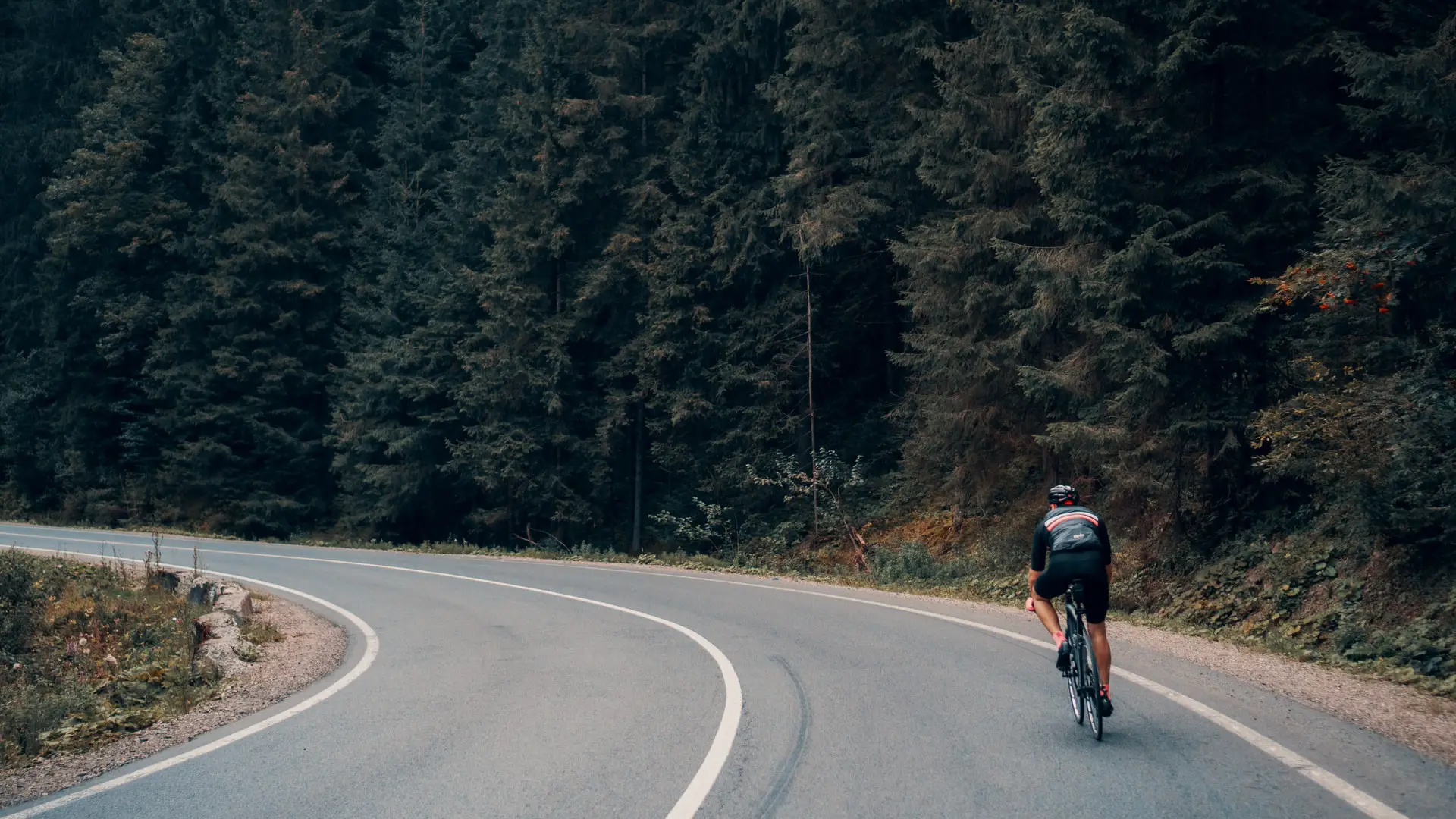If you’re contemplating crossing a continent on just two wheels and muscle-power alone, time is the least of your worries. Biking across Canada is a massive feat of patience, endurance, and human spirit. No matter how fast or how slow you accomplish this journey, it will stick with you for a lifetime. Let’s get into the nitty gritty of getting from one ocean to another, and all the little variables that will affect just how much time you spend crossing the width of North America.
Time
What you will learn in this Article
Back in 2019, Chris Bruckner broke the world record for a trans-Canada bike journey. He cycled from Vancouver to Halifax in just thirteen days. His feat is incredible, possibly unbeatable, and an inspiration to cyclists everywhere. We’re willing to bet that when you do your cross-country cycling trip, you won’t be trying to beat Chris’s record of thirteen days. Nor should you try to!
Take your time. If Chris did it in two weeks you should aim for six weeks, or ten weeks, or twelve. Chris suffered nerve damage as a result of his ride, that doesn’t have to be the case for you. The most comfortable time to cross Canada by bike is about two months, which would set a goal of biking about 90 kilometres a day. That’s doable. If you bike at an average speed of 20-ish kilometres per hour, you’re only looking at around five hours of riding a day. In addition, we recommend reading our how to sit on a bike saddle post.
You’re still going to get worn out, especially when you’re navigating the mountains of BC, the long slopes of Alberta, and the hills of Ontario. You’ll want to plan plenty of rest days to avoid exhaustion and injury, as well as time to enjoy the cities like Winnipeg, Toronto, and Montreal that you’ll pass through along the way.
You should use your time on the road to get to know your country better. There are no car windows between you and the open sky, no radio blotting out the wind and the birdsong. There’s not a part of the road you’ll miss along the way.
What to Pack
Pack light. Everything you bring you’ll have to pedal around for weeks on end. If you’re going alone, this is especially true, which is why we highly recommend you bike with a partner. Two can carry more than one, and two brains are better than one for solving all the little problems that will come your way as you put your bike through daily stresses for thousands of kilometres.
With a partner, you can pack a tent, a rain poncho, a change of clothes or two, a few spare bike tires, spare saddles, a tire pump, sunscreen, and as much food and water as you can carry. Food is going to be a never ending problem on a trip like this.
To get those kilometres in, you’re going to need to eat a ton of food for your body to be able to keep up. You’re going to lose weight and get super tired at the end of each day regardless, but so long as you’re eating enough (i.e. a lot) you should be able to make it to the end of the line in good health.
Where to Ride.
Start in Vancouver and get the hard part out of the way first. Crossing the Rockies on a bicycle is just as taxing as it sounds, so you’ll want to get through that part of the journey while you’re still relatively fresh. On this ride, you probably won’t have the energy (and it’s not recommended) to do any mountain biking in addition to your crossing.
Once you get out of the rockies, you’ll be ascending and descending long creeping hills all through Alberta. The good news is that if you’re going west to east across the Great Plains, you’ll be going downhill most of the time. But don’t expect to just coast through the rest of the ride, you’ll still be peddling plenty.
Once you get through western Ontario, you’ll be around more towns and have more flexibility with what roads you can take. Now is the time to go out on your own way and explore the often overlooked countryside of eastern Canada.
The last leg of your journey through Quebec, New Brunswick, and Nova Scotia, will probably be the hottest if you start your trip at the beginning of summer. Fortunately for you you’ll be biking through beautiful shady pine forest most of the time, and you’ll have the end of the road to look forward to.
By the time you reach Halifax, most of the summer will have passed you by, you’ll probably have sweated off 15 or 20 pounds, and you’ll probably not want to ride a bike for at least 48 hours.
In the end you’ll have weeks and weeks of pristine memories, a few good stories to tell, and the immortal prestige of having crossed a continent with nothing but the power of your legs and a couple spinning wheels.
